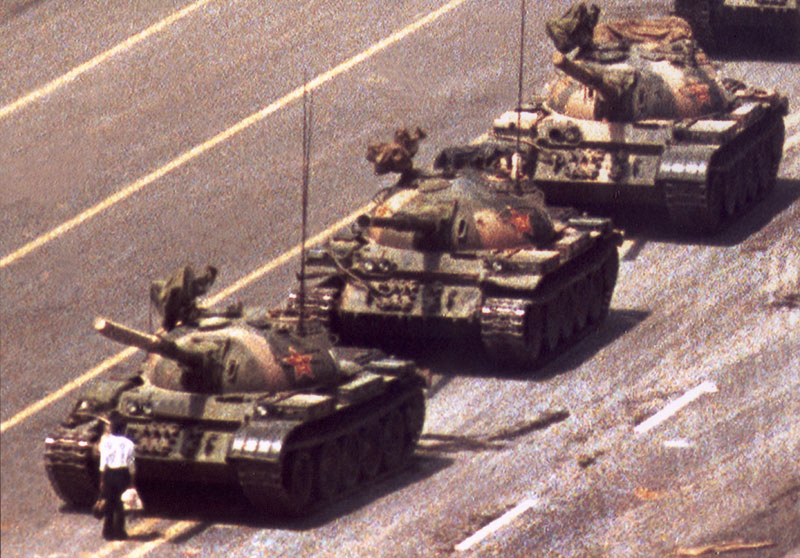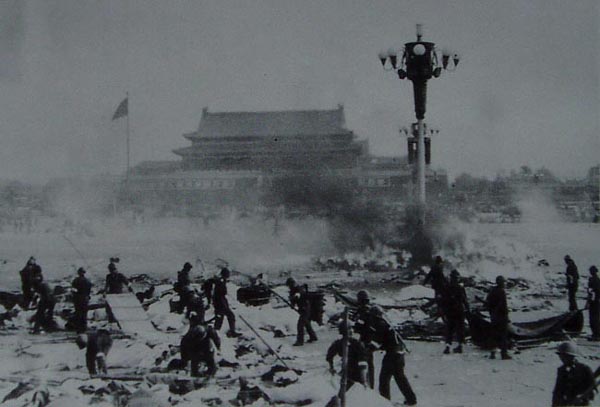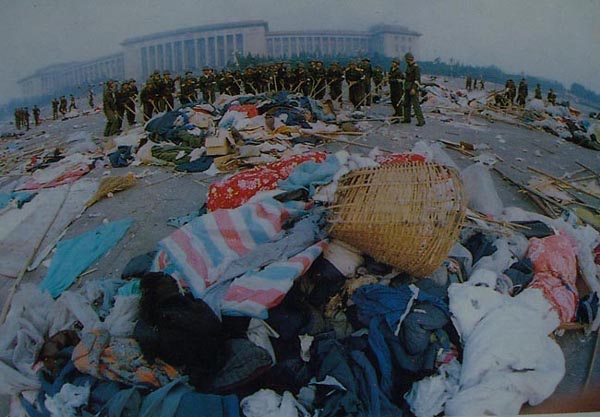China and US with a strong economy and military though show to the
international media that they are trying to clear differences, trying to
ease their policies against each other, but in actual they are fighting
a war behind the screen. A war of hacking each others's computers and
stealing sensitive information and spying on top officials' email
accounts.
The report says that both US and China are trying to do their best in hacking and spying but for a while US is in defensive mode whereas
The report says that both US and China are trying to do their best in hacking and spying but for a while US is in defensive mode whereas
China
has an immensely aggressive, or rather avid stance.
―says Alan Paller, director of research at information-security training group SANS Institute in Washington, DC, as quoted by the Reuters.
It is believed that China has hacked terrabytes of information from US computers which comprise of almost any single information, from user names and passwords to the design of sophisticated weapon systems. China's policy has been to copy things and declare it as their own. China lacks new ideas thinkers so they have mastered in the art of copying and stealing.
It is not like that US never tried to hack chinese systems, just that they have not much learn from the chinese because all the information are stolen mainly from US or known to US.
A cable accessed by the Reuters through Wikileaks says that the attacks were coming from the sites which were registered in the city of Chengdu, the capital of Sichuan Province in central China. The Reuters also named the person as Chen Xingpeng whose job was to set up the websites using the "precise" postal code in Chengdu used by the People's Liberation Army Chengdu Province First Technical Reconnaissance Bureau (TRB), an electronic espionage unit of the Chinese military.
Not only military and political data was leaked but China also tried its greedy hands on US companies and market. Many tech companies, oil and gas companies and companies in financial sector reported that their systems were hacked at some or the other point of the time.
Major search engine, Google also said that their email service Gmail was hacked and many accounts were compromised who ever interfered in China's internal policy.
Main Source: Chinese and US Electronic Hacking and Spying War
|
―says Alan Paller, director of research at information-security training group SANS Institute in Washington, DC, as quoted by the Reuters.
It is believed that China has hacked terrabytes of information from US computers which comprise of almost any single information, from user names and passwords to the design of sophisticated weapon systems. China's policy has been to copy things and declare it as their own. China lacks new ideas thinkers so they have mastered in the art of copying and stealing.
It is not like that US never tried to hack chinese systems, just that they have not much learn from the chinese because all the information are stolen mainly from US or known to US.
A cable accessed by the Reuters through Wikileaks says that the attacks were coming from the sites which were registered in the city of Chengdu, the capital of Sichuan Province in central China. The Reuters also named the person as Chen Xingpeng whose job was to set up the websites using the "precise" postal code in Chengdu used by the People's Liberation Army Chengdu Province First Technical Reconnaissance Bureau (TRB), an electronic espionage unit of the Chinese military.
Not only military and political data was leaked but China also tried its greedy hands on US companies and market. Many tech companies, oil and gas companies and companies in financial sector reported that their systems were hacked at some or the other point of the time.
Major search engine, Google also said that their email service Gmail was hacked and many accounts were compromised who ever interfered in China's internal policy.
James A. Lewis, a former US diplomat says that the
reason why China is these days trying so much to get access to US,
Indians and other country's system is to keep its economy growing and at
the second position.
|
Main Source: Chinese and US Electronic Hacking and Spying War


















